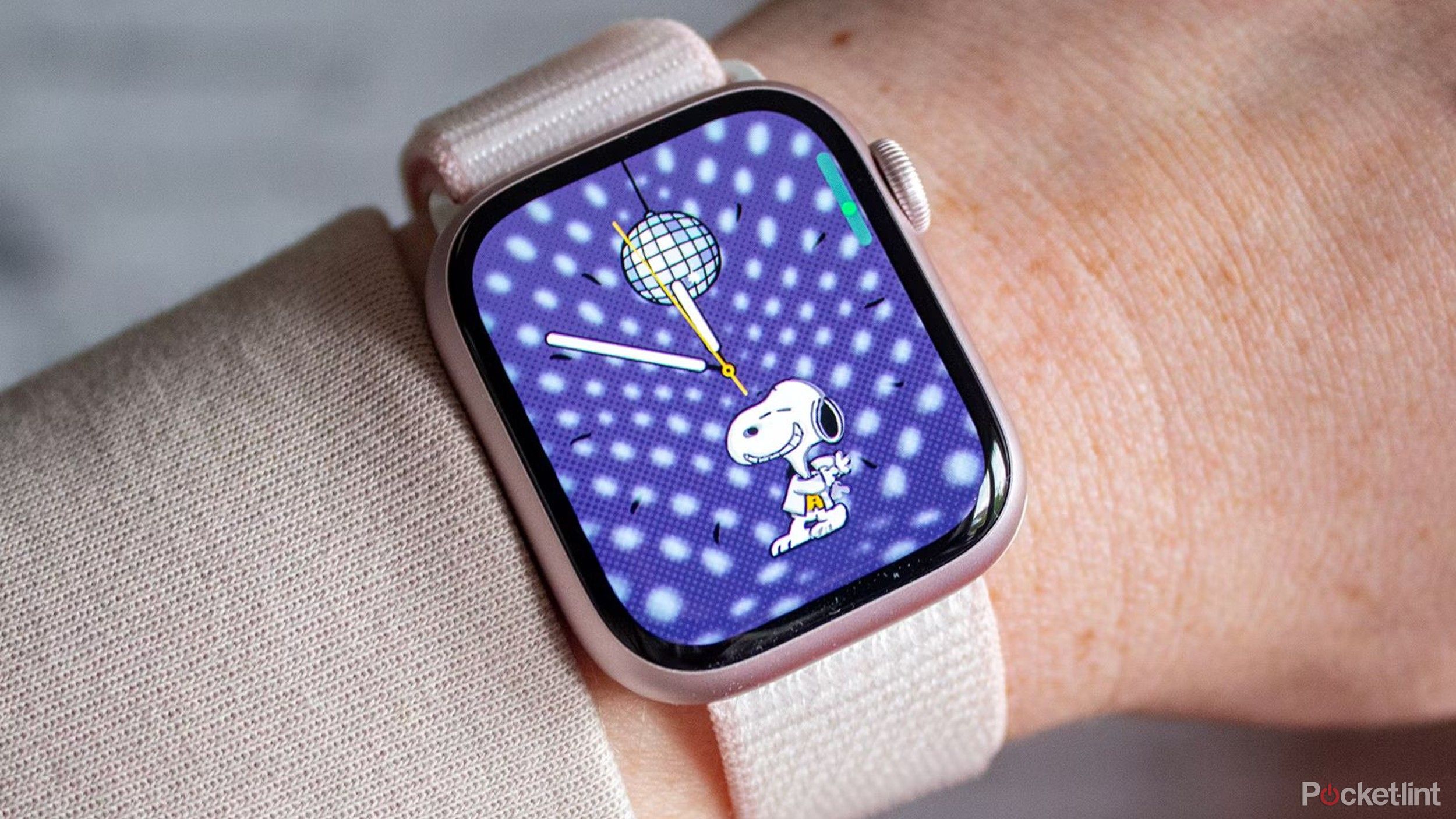Key Takeaways
- The Apple Watch Series 10 is rumored to feature a thinner body and new magnetic watch bands.
- Potential health features include detecting sleep disturbances and elevated blood pressure.
- It’s unclear if blood oxygen monitoring will return due to legal issues.
The Apple Watch was initially pitched as an ambitious sequel to the iPhone. The original release was a mixture of a futuristic communication device, a tiny app-based computer, and a fitness tool, but it wasn’t spectacularly great at any of those skills. Thanks to years of refinement and a complete revamp of watchOS, we now have the wearable we know and love today: a health and fitness tracker that has deep integrations with Apple’s iPhone and subscription services.
Not a bad change, all told, but a pretty dramatic reduction in ambition when you consider how Apple imagined people would be sending each other recordings of their heart beat because of its smartwatch.
The Apple Watch Series 10 or “Apple Watch X” could be as dramatic a shift as the iPhoneX was to the iPhone line.
And yet, despite that gradual streamlining, the Apple Watch’s look has remained remarkably consistent across the last decade — until 2024, that is. If rumors and reports are to be believed, the Apple Watch Series 10 or “Apple Watch X” could be as dramatic a shift as the iPhone X was to the iPhone line. A refined look and new functionality for a new decade of the company’s smartwatches. Here’s everything we know about the next Apple Watch ahead of it getting announced later this year.
Apple Watch tips and tricks: Hidden secrets of watchOS revealed
The Apple Watch is a complex device but it offers plenty to those happy and keen to explore all its features. Here are our tips and tricks.
When will the Apple Watch Series 10 be announced?
Apple Watch announcements are typically bundled alongside the iPhone. The Apple Watch Series 9 was announced alongside the iPhone 15, the Apple Watch Series 8 was announced alongside the iPhone 14, etc. It’s a pattern that makes sense because, while a cellular Apple Watch or Apple Watch Ultra can be used on its own, these are fundamentally accessories to a smartphone, displaying smartphone notifications and controlling playback of media in smartphone apps, to name just two things the Apple Watch can be used for.
We won’t know a firm date until later this year, but considering Apple tends to announce its new smartphones in September before putting them up for preorder a few days later, odds are good that the Apple Watch Series 10 will be introduced at the same time.
What will be different about the Apple Watch Series 10?
Rumors about square Apple Watches come and go, but this time there’s credible reporting that the next Apple Watch will look noticeably different and come with at least two notable new software features.
A thinner watch body
The Apple Watch has gotten more compact over the last decade, but not nearly as small as a traditional watch, like a Timex Weekender, for example. Apple’s been able to enlarge the smartwatch’s display without radically changing the dimensions of the device’s two sizes, 41mm and 45mm. However, the sensors on the back of the watch that are meant to be placed on your wrist continue to take up a significant amount of space, increasing the watch’s overall thickness.
According to Bloomberg, the Apple Watch X or Series 10 will have a thinner watch case and a new way for watch bands to attach that could open up more room in the Watch itself. It’s not clear how thin the Watch will be, but if it’s thin enough to not snag on sleeves as often, that’s a welcome change.
New magnetic watch bands
In that same report, Bloomberg claimed that the connector used to attach existing watch bands from the first Apple Watch to the Apple Watch Series 9 uses up a lot of space in the smartwatch that would be better spent on a larger battery or an overall reduced size. Apple has “explored a new magnetic band attachment system” that could alleviate the problem, but Bloomberg’s report cautions that it might not be ready in time for the Apple Watch Series 10.
It’s not clear how thin the Watch will be, but if it’s thin enough to not snag on sleeves as often, that’s a welcome change.
Considering just how many watch bands Apple and third-party accessory makers have produced, switching to a new system, particularly one that sounds more expensive to manufacture and design around, isn’t a change to be taken lightly. Avid Apple Watch owners could be left with dozens of bands that don’t work at all if they decide to upgrade, for example. That’s never stopped Apple before, but it could certainly give a customer considering an upgrade pause.
A bright microLED display
Apple has been reportedly trying to develop its own microLED displays for years now to be less dependent on Samsung, who makes many of the displays for Apple’s various products. The Apple Watch was supposed to be the first place the company was going to test its homegrown displays, either on the Apple Watch or the Apple Watch Ultra.
Now, Apple has reportedly scrapped plans to use the brighter, more vibrant microLED Apple Watch display entirely because the displays “can’t add significant value to [the Apple Watch], and the production costs are too high to make it economically viable,” according to analyst Ming-Chi Kuo. Analysts and leakers certainly get things wrong all the time about Apple’s plans, but for now it seems like a new display on the Apple Watch Series 10 is unlikely.
What we might get instead is a more power-efficient display. Apple already uses low-temperature polycrystalline oxide (LTPO) technology on the Apple Watch to display and update information on the screen even if the Watch isn’t fully lit up, and now, according to The Elec, Apple plans on using even more LTPO thin-filament transistors (TFT) in the next Apple Watch to offer a display that sips battery life rather than guzzles it. These transistors allow for precise control over how much light leaves a pixel in a display panel. Using more LTPO just means the screen will be even more efficient at low refresh rates, which is what the always-on display feature of the Apple Watch depends on.
Two new health detection features
Using the Apple Watch to offer a non-invasive way to monitor blood glucose remains Apples white whale. In the meantime, the company is reportedly planning to use the Apple Watch’s ability to measure respiration to detect sleep disturbances and let you and your doctor know if you could have sleep apnea.
Introducing the ability for the Apple Watch to detect elevated blood pressure and log it into a “blood pressure journal.”
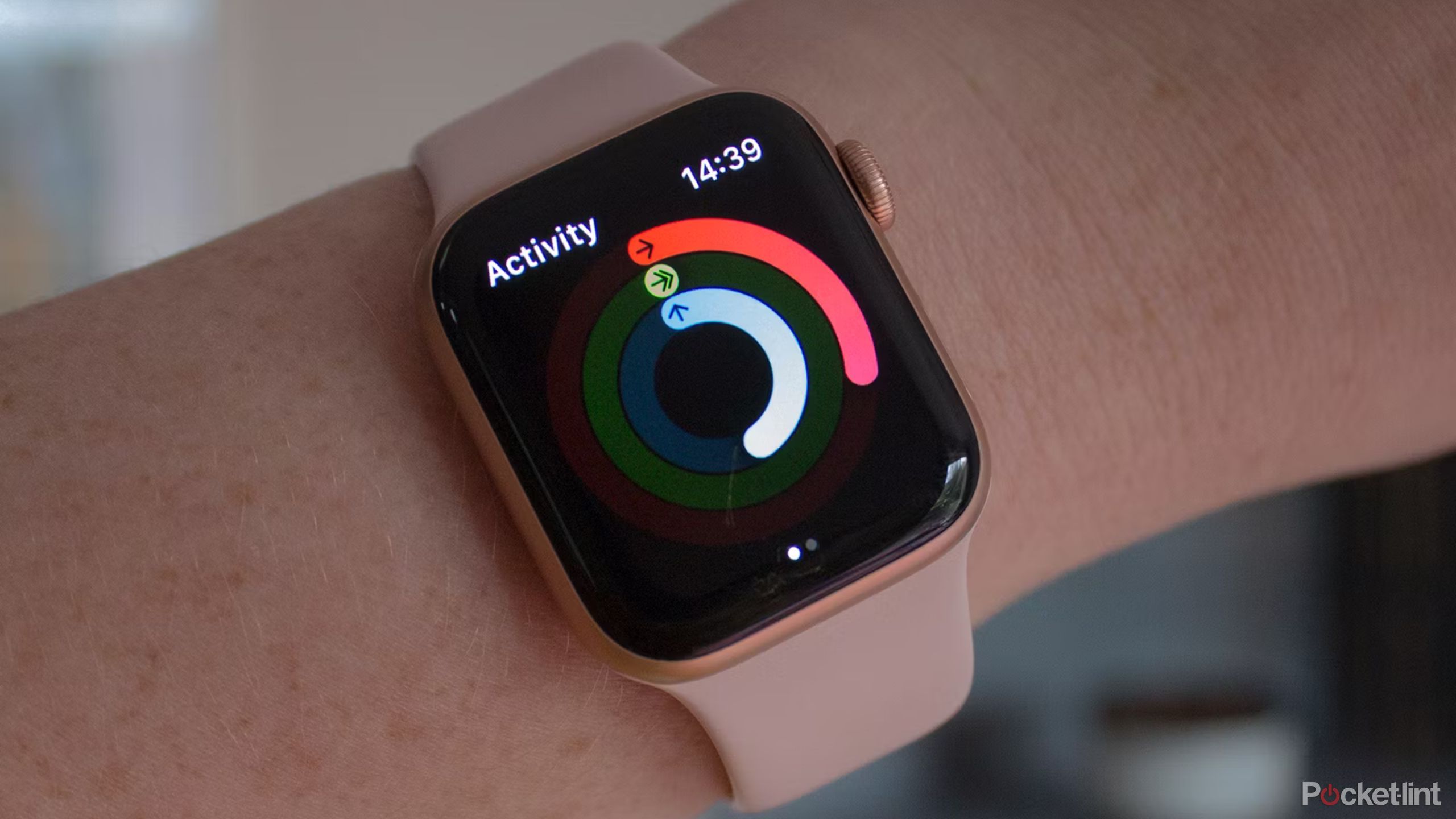
Apple Watch ban: Everything you need to know
What Apple’s ITC ban means for current Apple Watch owners, and how we got here.
Apple is also planning on introducing the ability for the Apple Watch to detect elevated blood pressure and log it into a “blood pressure journal” that can be filled out with details about what was happening when the elevated blood pressure was detected. This is reportedly the first step towards a much more in depth measurement system that could ultimately inform your doctor or cardiologist of your “exact systolic and diastolic measurements,” according to Bloomberg.
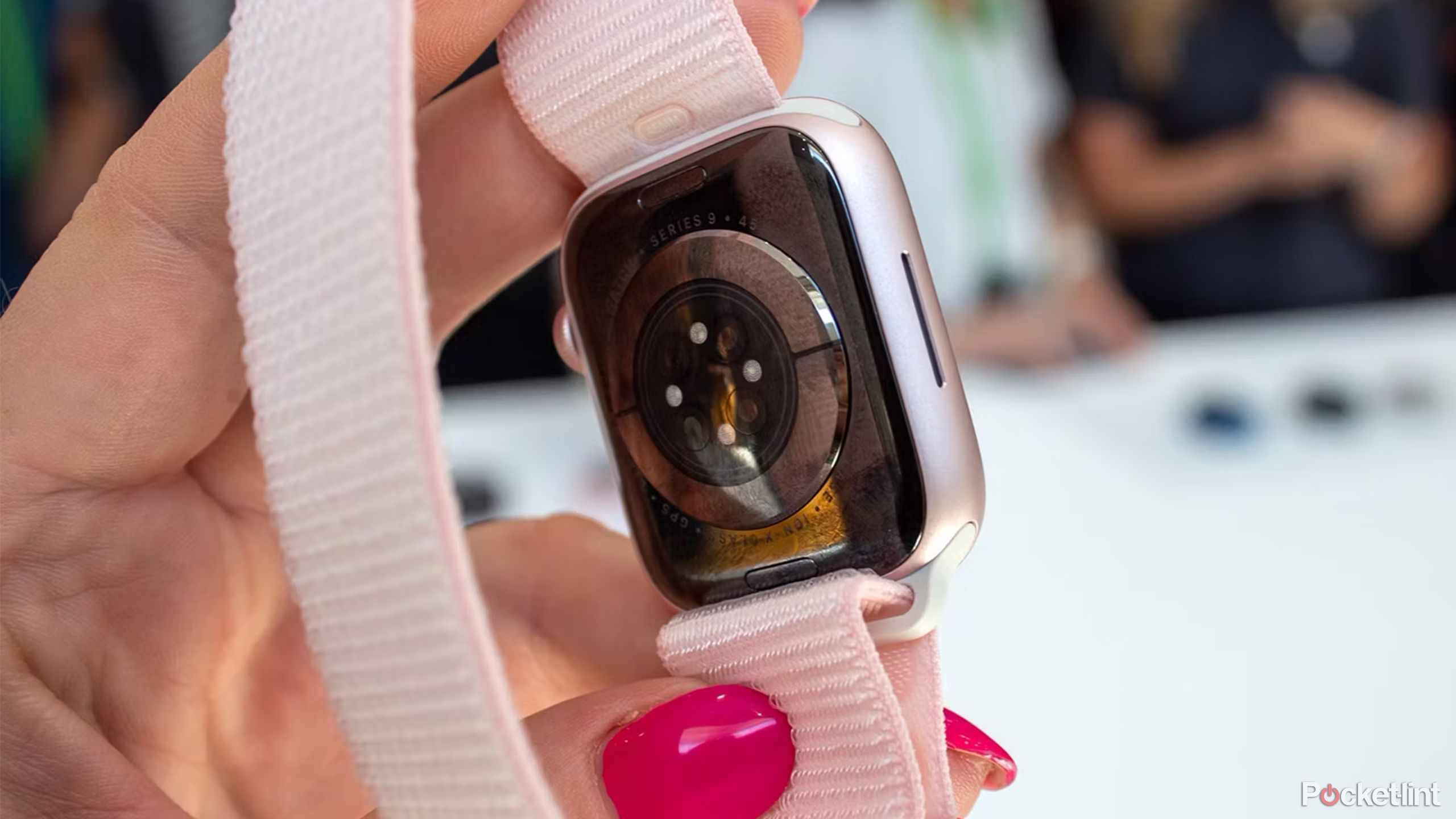 Will blood oxygen monitoring be on the Apple Watch Series 10?
Will blood oxygen monitoring be on the Apple Watch Series 10?
Apple opted to sell modified versions of the Apple Watch Series 9 and Apple Watch Ultra 2 that had blood oxygen measurements disabled to get around the International Trade Commission ban that was put into place after a US ITC judge ruled that Apple was violating health tech company Masimo’s blood oximetry technology patents, a whole legal mess you can read about in detail in our article on the ban.
Since then, Bloomberg has reported that Apple engineers were working on changes to the algorithms used for blood oxygen calculations that could allow the company to move forward without having to change the hardware of the Apple Watch. Whether those changes actually make it to this year’s Watches remains to be seen.
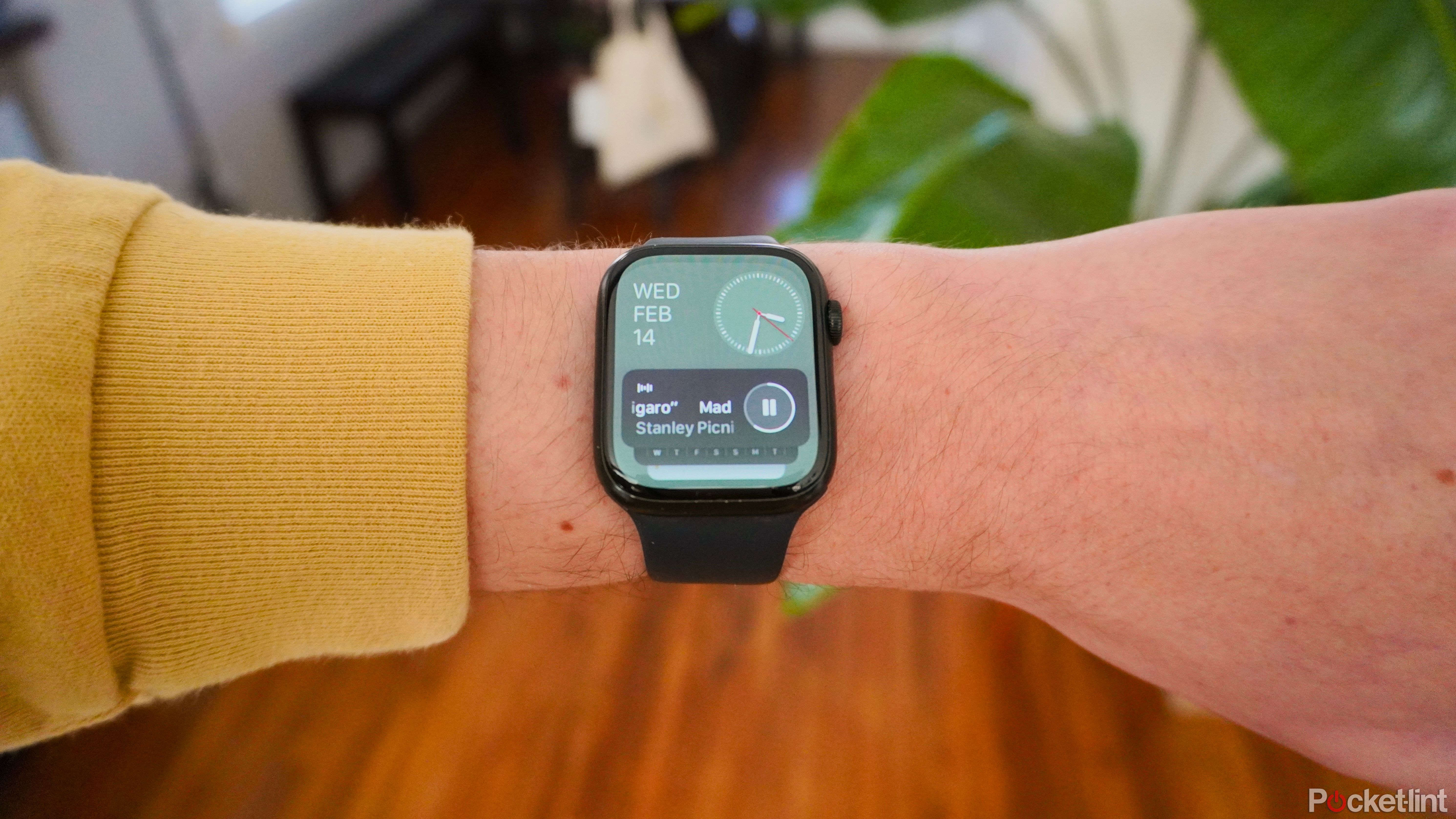 When will the Apple Watch Series 10 be available for purchase?
When will the Apple Watch Series 10 be available for purchase?
We won’t know for sure until Apple’s fall event, but as a rough estimate, if Apple announces new phones and smartwatches on a Tuesday in Sept., they’re typically available to pre-order on Friday.
As to what they’ll cost, it seems likely Apple will keep the entry-level $399 price the same, since it’s already selling the Apple Watch Ultra at $799. The iPhone X was used to raise the price of Apple’s high-end iPhones to $999 starting in 2017, but that was before the company began separating features and components between normal iPhones and “Pro” and “Pro Max” tiers.
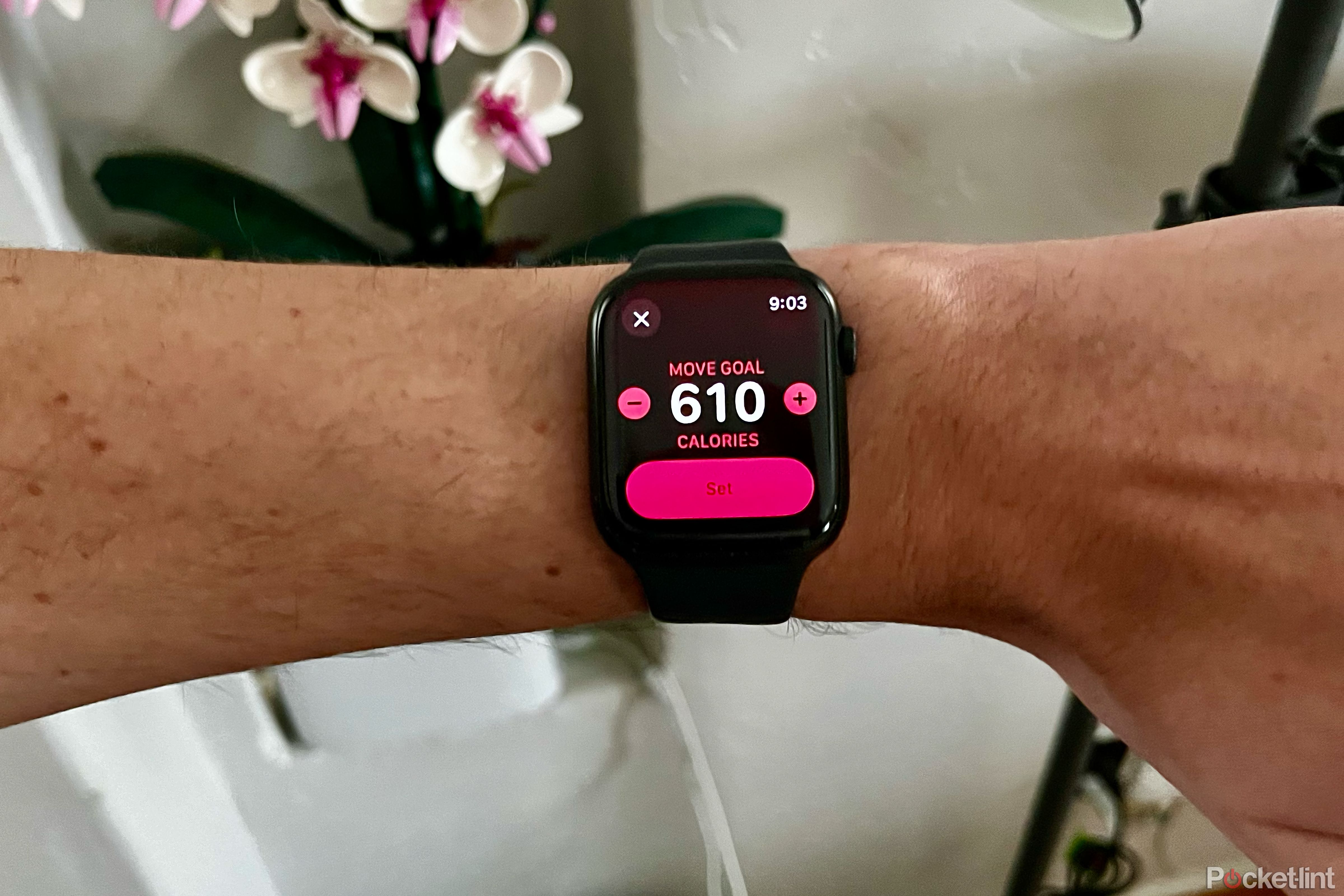 Is it still a good time to buy an Apple Watch Series 9?
Is it still a good time to buy an Apple Watch Series 9?
If you’re at all interested in the new design and possibly exclusive new health tracking features on the Apple Watch Series 10, it’s worth the wait. In fact, because Apple is rumored to be moving to a new type of watch band, waiting will also save you from investing in watch parts that won’t be useful the next time you buy a new watch, too.
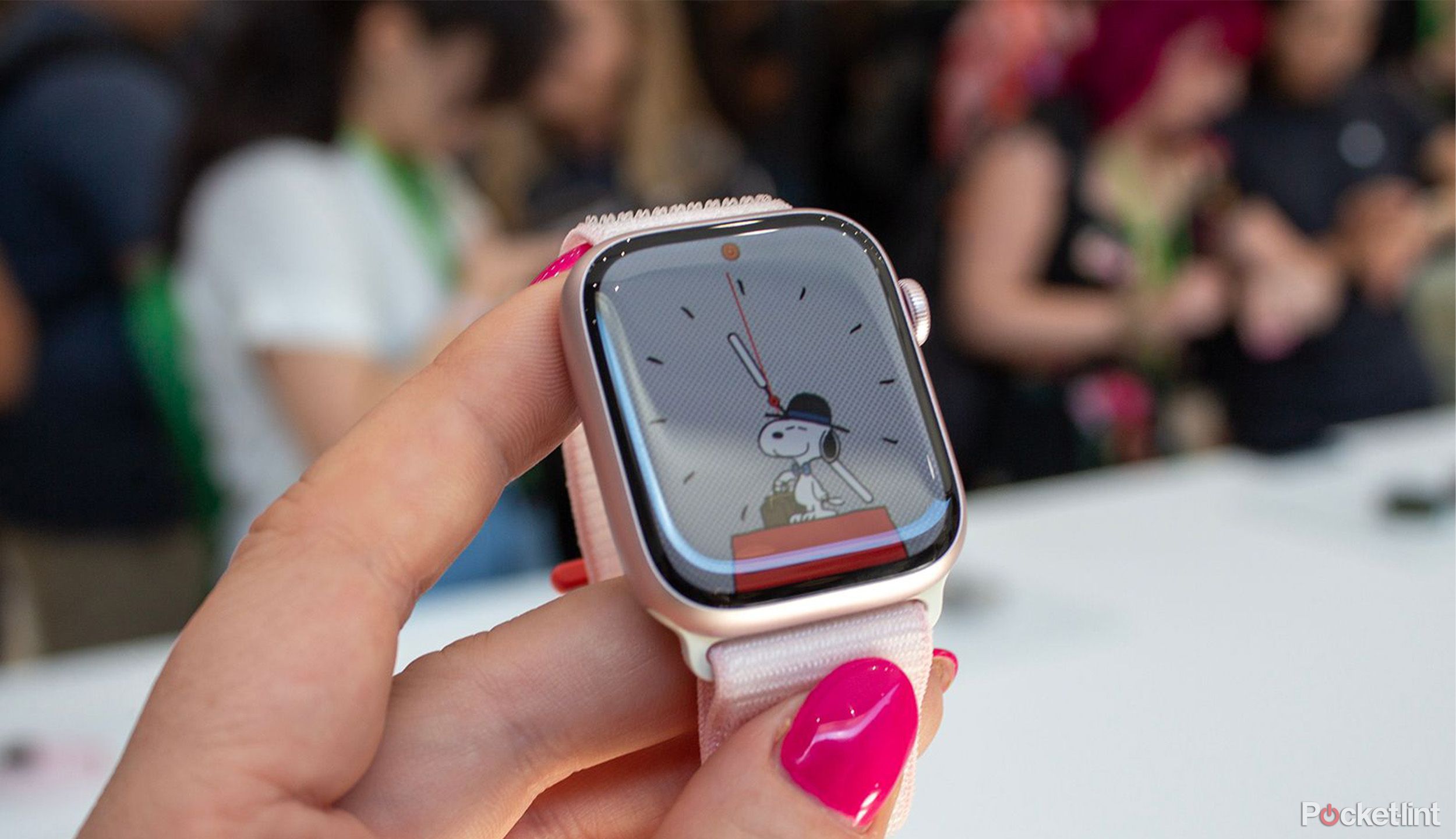
Trending Products

Cooler Master MasterBox Q300L Micro-ATX Tower with Magnetic Design Dust Filter, Transparent Acrylic Side Panel…

ASUS TUF Gaming GT301 ZAKU II Edition ATX mid-Tower Compact case with Tempered Glass Side Panel, Honeycomb Front Panel…

ASUS TUF Gaming GT501 Mid-Tower Computer Case for up to EATX Motherboards with USB 3.0 Front Panel Cases GT501/GRY/WITH…

be quiet! Pure Base 500DX Black, Mid Tower ATX case, ARGB, 3 pre-installed Pure Wings 2, BGW37, tempered glass window

ASUS ROG Strix Helios GX601 White Edition RGB Mid-Tower Computer Case for ATX/EATX Motherboards with tempered glass…


